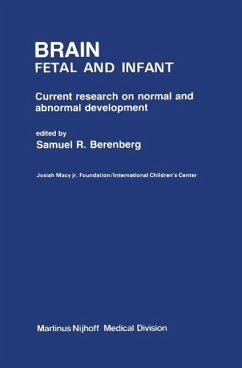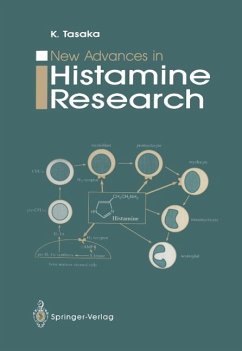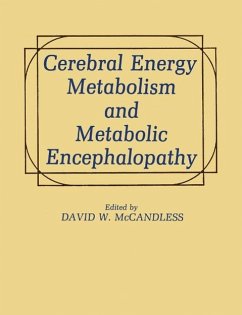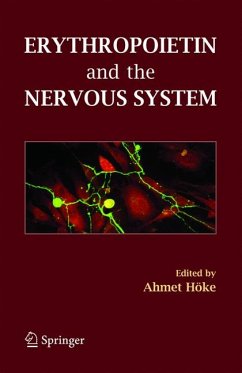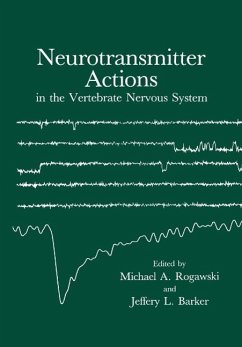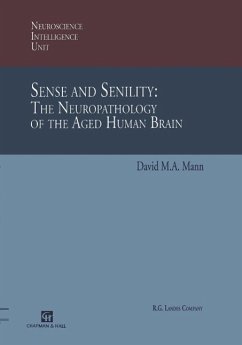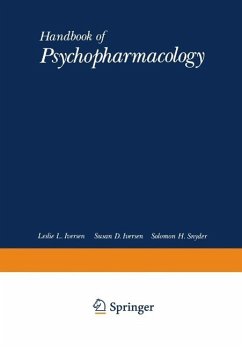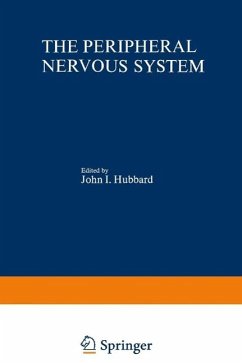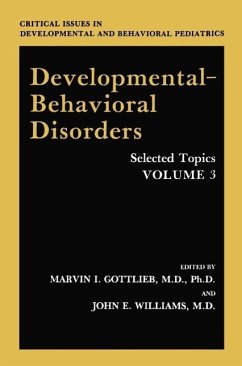
Inhibition of Memory Formation (eBook, PDF)
Versandkostenfrei!
Sofort per Download lieferbar
40,95 €
inkl. MwSt.
Weitere Ausgaben:

PAYBACK Punkte
20 °P sammeln!
All animals show longlasting changes in behaviour as a result of individual experience and this adaptability is one of their most striking features. The changes may be abrupt, radical and permanent. In higher animals it seems reasonable to ascribe their ability to change behaviour to the same physiological process that underlies human behavioural change and memory. The known physiology of the brain gives no clues as to the mechanism. On the contrary, physiological research on the nervous system has relied upon the fact that the reactions of nerve cells studied were stereotyped and could be rep...
All animals show longlasting changes in behaviour as a result of individual experience and this adaptability is one of their most striking features. The changes may be abrupt, radical and permanent. In higher animals it seems reasonable to ascribe their ability to change behaviour to the same physiological process that underlies human behavioural change and memory. The known physiology of the brain gives no clues as to the mechanism. On the contrary, physiological research on the nervous system has relied upon the fact that the reactions of nerve cells studied were stereotyped and could be repeated frequently without modification. Only recently has the deliberate search for modifiable nerve cells begun but nothing yet discovered shows the rapidity, certainty and permanence of a behavioural change in intact animal. (Kandel and Spencer, 1968). Research on memory therefore must combine the accurate observation of animal behaviour, in very well understood situations, and a knowledge of the biology of the brain and of the kind of physiological processes likely to be involved in memory storage. If one is sure that a certain behavioural change does depend uniquely on memories gained during an experiment it is possible, by using likely inhibitors of brain physiology to test the susceptibility of memories to disruption.
Dieser Download kann aus rechtlichen Gründen nur mit Rechnungsadresse in A, B, BG, CY, CZ, D, DK, EW, E, FIN, F, GR, HR, H, IRL, I, LT, L, LR, M, NL, PL, P, R, S, SLO, SK ausgeliefert werden.



